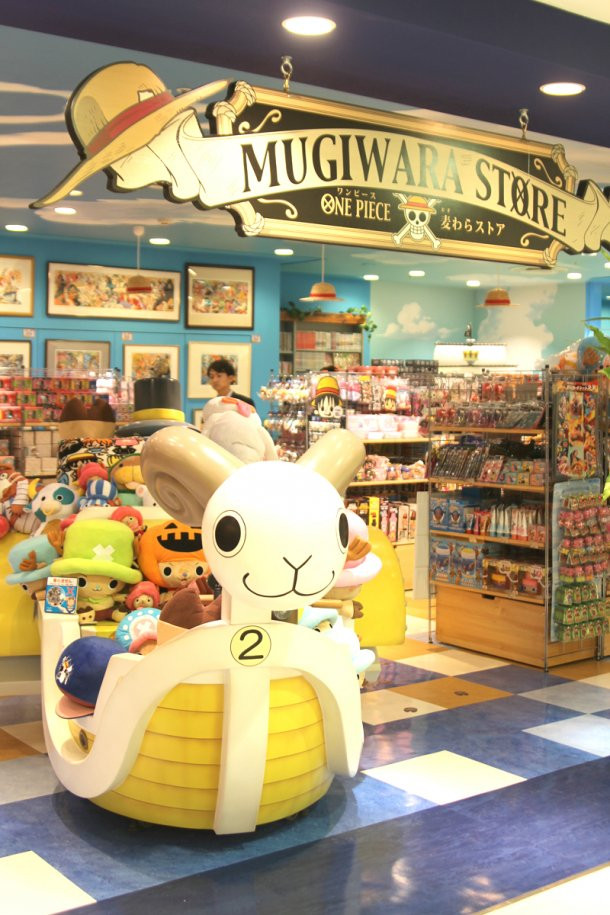

She keeps her identity a secret, won’t reveal her real name and uses an anime-style avatar to represent herself. These songs were then uploaded to sites such as Nico Nico Douga, creating an alternate pop landscape with its own signature sounds, stars and customs.Īnother Vocaloid convention that stuck with Ado was anonymity. “When I first heard it, it was something I had never heard before - the voices, the lyrics, the world,” Ado says, having referenced in past interviews track’s like wowaka’s “ World End Dance Hall,” with its nonhuman vocal delivery and pitch, as being why she loves the style.Īdo grew up during Vocaloid’s early years, when creators made bedroom-produced pop anchored around synthesized vocals conveying feelings they themselves couldn’t sing.
#VOCALOID NEWS SOFTWARE#
While she doesn’t offer up too many specifics about her childhood, Ado is happy to talk about her exposure to music, which, as a child, came in the form of her father’s love of the rock group Queen and her own love of Disney soundtracks, particularly “Cinderella.” When she was only 6, a cousin introduced her to Vocaloid, the singing-synthesizer software most famously associated with the avatar Hatsune Miku.

#VOCALOID NEWS TV#
This is especially true for female artists, who can face particularly harsh criticism from anonymous users - one artist with a similar background to Ado, Yama, received unwarranted and nasty reviews online after appearing on a TV program and not conveying the correct amount of gratitude, a charge rarely leveled against men. Ado and a new generation of digitally savvy teenagers are painfully aware that celebrity is fleeting, circumstances can change in a snap and privacy is paramount. The sudden appearance of fame in a person’s life is an experience that few have had but many of us have seen played out in film and the tabloids. It was weird hearing it,” she says with a laugh. “When I was at karaoke recently, I went out to get drinks… and ‘Usseewa’ was playing while I was picking them up. “Usseewa” served as her first release from major label Universal Music Japan, but nobody expected it to become a TikTok meme, chart hit and bringer of moral panic all at once. She’s a recent high-school graduate who has been elevated to national levels of celebrity in a short period of time. If I had to describe Ado in one word, it would be “cautious.” She hides her face and takes her time answering my questions, avoiding any direct statements on the so-called controversy of the song and only making the odd reference to her words being misunderstood. Much Ado about nothing: Singer Ado uses an anime avatar to represent herself in the media, a choice that also hints at the influence Japan’s digital Vocaloid scene had on her growing up.

“I have to choose what I say carefully, because I don’t want to hurt anyone.” “Since I’ve become more famous than before, my words reach many, many more people than before,” Ado says. What’s more interesting is that the track has inspired a wave of thinkpieces, ranging from critical takes to defenses framed as “what those over 30 get wrong about ‘Usseewa.’” The title of one recent English-language YouTube deep dive into the song sums it up nicely: “ Why Japan Hates This Song” (except for the millions who don’t). TV programs have explored its popularity and notoriety, as a growing number of parents and schools reportedly raised concerns about the song, which features a hook that translates in English as “shut up, shut up” (the official translation ratchets this up to “shut the f- up”). More tellingly, “Usseewa” has become a pop culture phenomenon. Since coming out in October 2020, “Usseewa,” written and produced by electronic artist syudou, has been viewed more than 145 million times on YouTube, and has topped the Billboard Japan Hot 100, Oricon Digital Singles Chart and Spotify’s Viral 50 chart, among others. That’s what I thought of when singing the song.” But I also drew from the anger I have toward myself. “I tried to think of times when I was pressured by my family and other people I know.

“I reminisced on the times I had the same kind of anger conveyed in ‘Usseewa,’” Ado tells The Japan Times over Zoom.


 0 kommentar(er)
0 kommentar(er)
